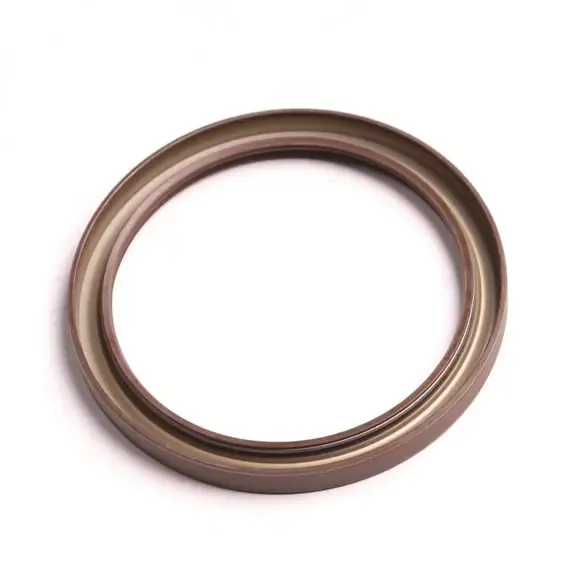10 月 . 11, 2024 10:13 Back to list
Understanding Different Types of Spark Plug and Their Applications
Understanding Spark Plug Types A Comprehensive Guide
Spark plugs are essential components in internal combustion engines, playing a crucial role in igniting the air-fuel mixture that powers vehicles. While many may take them for granted, understanding the different types of spark plugs can help vehicle owners make informed decisions about maintenance, performance, and efficiency. This article explores the various types of spark plugs available on the market today.
1. Copper Spark Plugs
Copper spark plugs are among the most common types and are characterized by a copper core. They offer excellent conductivity and heat transfer, making them a reliable choice for various vehicles. Their advantage lies in their affordability and availability. However, copper plugs have a relatively shorter lifespan, typically ranging between 10,000 to 20,000 miles. Therefore, they are best suited for older vehicles or those that do not require high-performance spark plugs.
2. Platinum Spark Plugs
Platinum spark plugs come with a platinum tip on the electrode, which enhances their longevity and performance. They generally last between 30,000 to 100,000 miles, making them a cost-effective option over time. The platinum material prevents erosion, ensuring consistent electrical conductivity and efficient combustion. These plugs are ideal for modern vehicles with tight tolerances and advanced engine technology, offering improved fuel efficiency and reduced emissions.
3
. Iridium Spark PlugsIridium spark plugs feature an iridium tip that is even more durable than platinum. They can withstand higher temperatures and have a much longer lifespan, often exceeding 100,000 miles. The fine wire design enhances performance by producing a stronger spark, which leads to better fuel combustion and engine efficiency. Iridium plugs are the preferred choice for high-performance vehicles and engines, where optimal performance and reliability are paramount.
4. Double Platinum Spark Plugs
spark plug types

Double platinum spark plugs have platinum on both the center and ground electrodes. This feature extends their lifespan and offers better performance compared to standard platinum plugs. They are particularly beneficial in vehicles that require longer intervals between replacements and are often used in engines with a distributorless ignition system. Their durability and performance make them suitable for both standard and high-performance vehicles.
5. Racing Spark Plugs
For high-performance and racing applications, specialized racing spark plugs are available. These plugs are designed to handle extreme conditions, such as higher temperatures and pressures. They often use materials like nickel or platinum and may have a unique design tailored to specific racing requirements. Racing spark plugs can significantly enhance the engine's performance, providing faster ignition and improved throttle response.
6. Resistor Spark Plugs
Resistor spark plugs are designed to suppress electromagnetic interference that can disrupt electronic components in vehicles. They contain a resistor in the center electrode, which helps reduce radio frequency interference (RFI). Many modern vehicles, with their sophisticated electronics, utilize resistor spark plugs for optimal performance and to prevent signal disruptions.
Choosing the Right Spark Plug
When selecting a spark plug, vehicle owners should consider factors such as engine type, driving conditions, and manufacturer recommendations. It is also essential to check the heat range of the spark plug, which determines how quickly it dissipates heat. A spark plug with the right heat range prevents pre-ignition and engine knocking, ensuring smooth operation.
In conclusion, understanding the different types of spark plugs can greatly influence your vehicle's performance, fuel efficiency, and overall longevity. Regular maintenance and timely replacement of spark plugs, based on your vehicle’s requirements, is essential for optimal engine health. Whether you opt for copper, platinum, iridium, or racing spark plugs, making an informed choice will enhance your driving experience and keep your engine running smoothly.